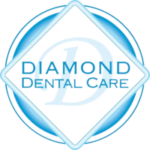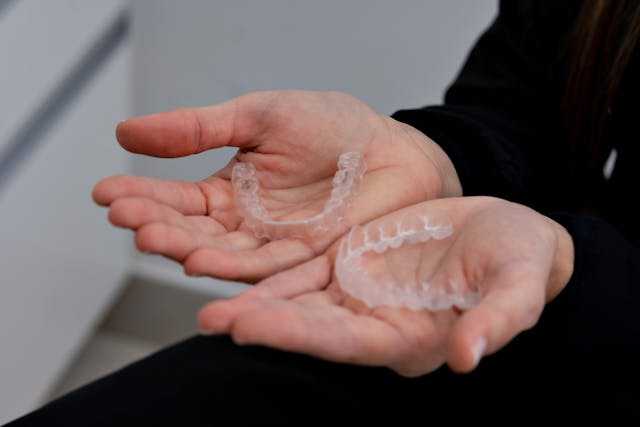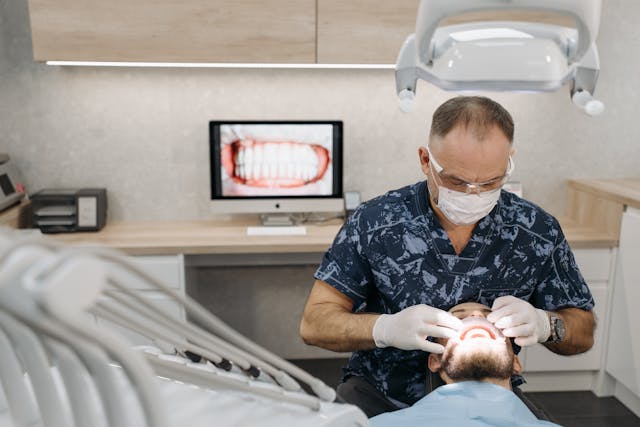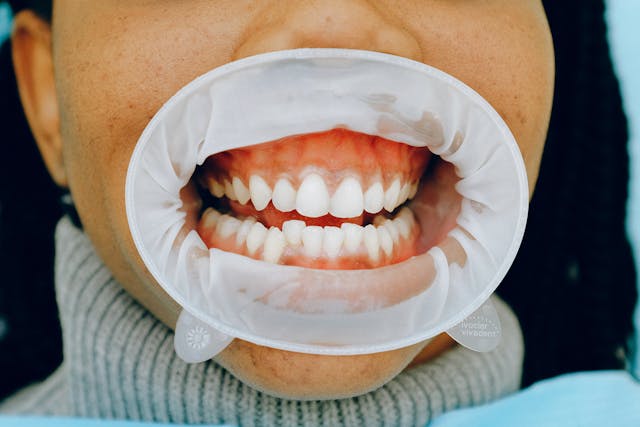Introduction to Dental Erosion
Dental erosion is a condition that slowly wears away the enamel, the outermost layer of your teeth, due to acids. While it’s not as widely discussed as cavities or gum disease, it’s a significant issue that can impact anyone. Over time, dental erosion can lead to tooth sensitivity, discoloration, and an increased risk of decay. But the good news is, with the right preventive steps and treatments, you can protect your smile.
At The Diamond Dental Art, located at 303 South Diamond Bar Blvd, Ste 2C, Diamond Bar, CA, we specialize in helping patients prevent and treat dental erosion before it becomes a major problem.
At Diamond Dental Care, we offer a variety of solutions to address most aesthetic concerns. During your visit, we’ll perform a thorough examination, take X-rays, and discuss your desired timeframe before presenting you and your parents with several treatment options. Given that some treatments may require specific timeframes, it’s advisable to book your appointment with us as soon as possible.
To schedule an appointment, simply call us at (909) 860-7579. You can also connect with us on Facebook or share your feedback on Yelp. Thank you!
Causes of Dental Erosion
Diet and Its Impact
One of the main causes of dental erosion is the consumption of acidic foods and drinks. Items such as citrus fruits, vinegars, and tomatoes contain acids that soften the enamel, making it easier for erosion to occur over time. While these foods are often healthy in moderation, frequent exposure can be problematic.
Acidic Beverages and Their Role
Soda, sports drinks, and even some fruit juices are loaded with acids that can harm your teeth. Sipping on these beverages throughout the day extends your enamel’s exposure to acid, which leads to faster erosion.
Medical Conditions Contributing to Erosion
Certain medical conditions such as acid reflux, bulimia, and frequent vomiting can introduce stomach acids into the mouth, accelerating dental erosion. It’s important to manage these conditions with medical professionals to prevent further damage to your teeth.
Environmental Factors
Even environmental factors like swimming in chlorinated pools or exposure to industrial chemicals can contribute to enamel erosion. Always take precautions when participating in activities that involve acidic exposure.
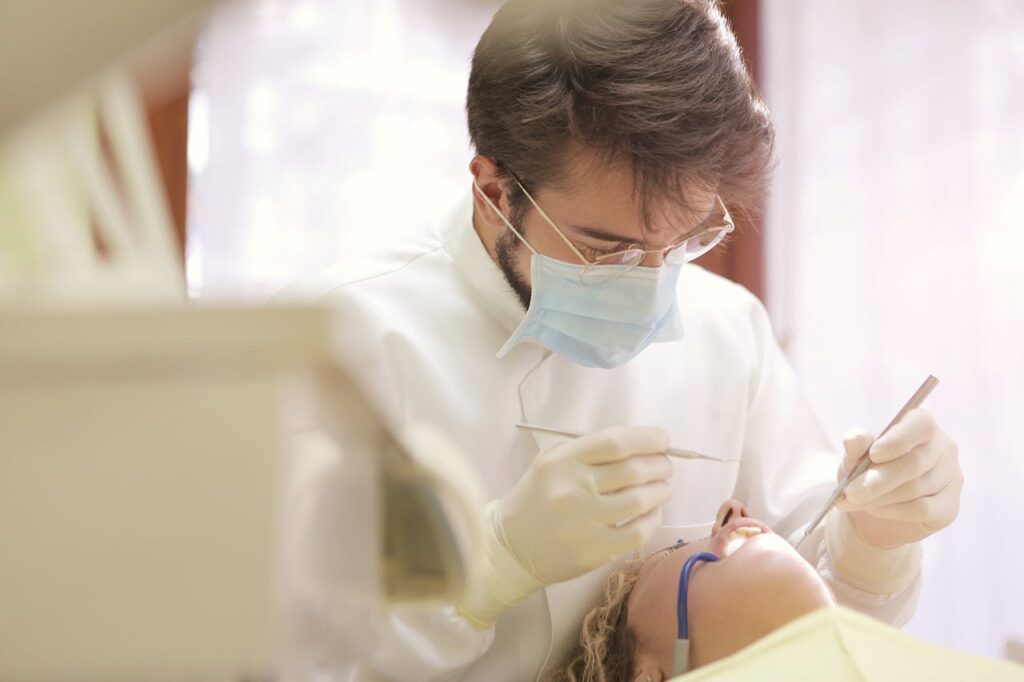
Signs and Symptoms of Dental Erosion
Early Warning Signs
In the initial stages, dental erosion can manifest as increased tooth sensitivity, particularly when consuming hot or cold foods. You may also notice slight discoloration or dullness in your teeth as the enamel starts to wear down.
Advanced Stages of Erosion
As erosion progresses, teeth can become noticeably thinner and even transparent at the edges. At this stage, sensitivity is often more pronounced, and you may feel pain when brushing your teeth.
How Dental Erosion Affects Appearance and Health
Not only does erosion affect the strength of your teeth, but it also impacts their appearance. Teeth may appear yellowish as the underlying dentin becomes exposed, and their overall structure weakens, increasing the risk of chipping and breaking.
The Dangers of Ignoring Dental Erosion
Tooth Sensitivity
Ignoring the early signs of dental erosion can lead to severe tooth sensitivity. This makes it difficult to enjoy a wide variety of foods and drinks, and can cause daily discomfort.
Enamel Loss
Once enamel is lost, it cannot be restored naturally. Without treatment, this leads to weakened teeth that are much more prone to decay and damage.
Cavities and Decay
Enamel loss directly correlates with an increased risk of cavities. As your teeth lose their protective barrier, harmful bacteria can penetrate more easily, leading to decay and even infections.
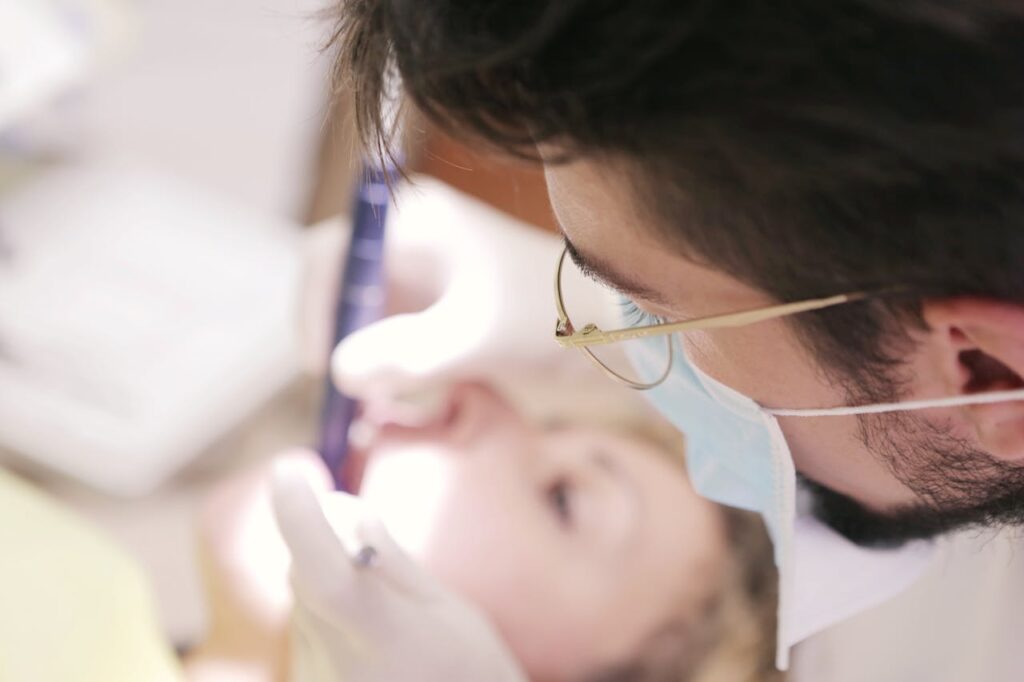
Preventing Dental Erosion
The Importance of a Healthy Diet
A balanced diet that limits acidic foods and beverages is key in preventing erosion. Incorporating dairy products and leafy greens, which help neutralize acids, can protect your enamel over time.
Reducing Acidic Foods and Drinks
If you can’t eliminate acidic foods, try to reduce your consumption and follow up with water or dairy products to buffer the acid’s effects. Also, avoid brushing immediately after consuming acidic items as it can further damage the softened enamel.
Hydration and Its Role in Prevention
Drinking plenty of water throughout the day helps wash away food particles and neutralize acids in the mouth, especially if you’re drinking water with a neutral pH.
Oral Hygiene Best Practices
Brushing with a soft-bristled toothbrush and fluoride toothpaste is essential. Be gentle, as aggressive brushing can wear away enamel further.
The Role of Fluoride in Prevention
Fluoride strengthens teeth by rebuilding weakened enamel and making it more resistant to acids. Incorporating fluoride mouth rinses or treatments recommended by your dentist can help protect against erosion.
Treatment Options for Dental Erosion
Professional Dental Treatments
If you’re already experiencing the effects of dental erosion, it’s important to consult a professional. At The Diamond Dental Art, we offer specialized treatments to help manage and reverse the damage caused by erosion.
Restorative Dentistry Solutions
In cases of significant enamel loss, restorative options such as bonding or fillings may be recommended to protect the teeth and restore their function.
When to Consider Dental Crowns and Veneers
For more severe cases, dental crowns and veneers can help protect the remaining tooth structure, while also improving the aesthetic appearance of your smile.
The Role of Regular Dental Check-Ups
Regular dental visits are crucial in monitoring dental erosion. Your dentist can spot the early signs and provide treatments to stop further damage.
Lifestyle Changes to Prevent Dental Erosion
How to Manage Diet for Better Oral Health
Being mindful of your diet is one of the most effective ways to prevent erosion. Limiting snacking and avoiding frequent consumption of acidic foods can significantly reduce your risk.
Proper Use of Dental Products
Using fluoride toothpaste, and avoiding harsh whitening products that can erode enamel, is essential for long-term oral health.
Managing Acid Reflux and Other Conditions
If you suffer from acid reflux or other conditions that increase acid exposure, talk to your doctor about treatments to control symptoms and protect your teeth.
Promoting Oral Health at The Diamond Dental Art
What Makes The Diamond Dental Art Unique?
At The Diamond Dental Art in Diamond Bar, CA, we are dedicated to comprehensive care that prioritizes the prevention and treatment of dental erosion. Our expert team tailors treatments based on each patient’s specific needs.
How We Help Prevent and Treat Dental Erosion
From routine cleanings to advanced treatments like veneers and crowns, our team uses the latest technology and techniques to help prevent further enamel loss and restore your smile.
Our Commitment to Your Oral Health
We believe in a proactive approach to oral health. By working with our patients to develop personalized care plans, we ensure their smiles stay healthy and beautiful.
Conclusion
Dental erosion is a slow but progressive condition that can have long-term effects on your oral health. But with the right preventive measures, such as a healthy diet and good oral hygiene practices, you can protect your teeth from the damaging effects of erosion. Don’t wait until it’s too late—schedule regular check-ups, and consult your dentist at The Diamond Dental Art for advice on how to maintain your enamel and keep your smile looking its best.
FAQs on Dental Erosion
1. What is the main cause of dental erosion?
The primary cause is acid exposure, whether from diet, beverages, or medical conditions like acid reflux.
2. Can dental erosion be reversed?
While enamel cannot be naturally regrown, dental treatments like bonding and fluoride treatments can help strengthen and protect your teeth.
3. Is fluoride helpful in preventing dental erosion?
Yes, fluoride strengthens the enamel and helps rebuild weakened areas, making it a crucial element in preventing dental erosion.
4. How often should I visit the dentist for check-ups?
It’s recommended to visit your dentist every six months, but if you’re at higher risk for erosion, more frequent visits may be necessary.
5. Can certain foods help strengthen my teeth?
Yes, foods rich in calcium, such as dairy products, and those high in fiber, like vegetables, can help strengthen your teeth and reduce the risk of erosion.
